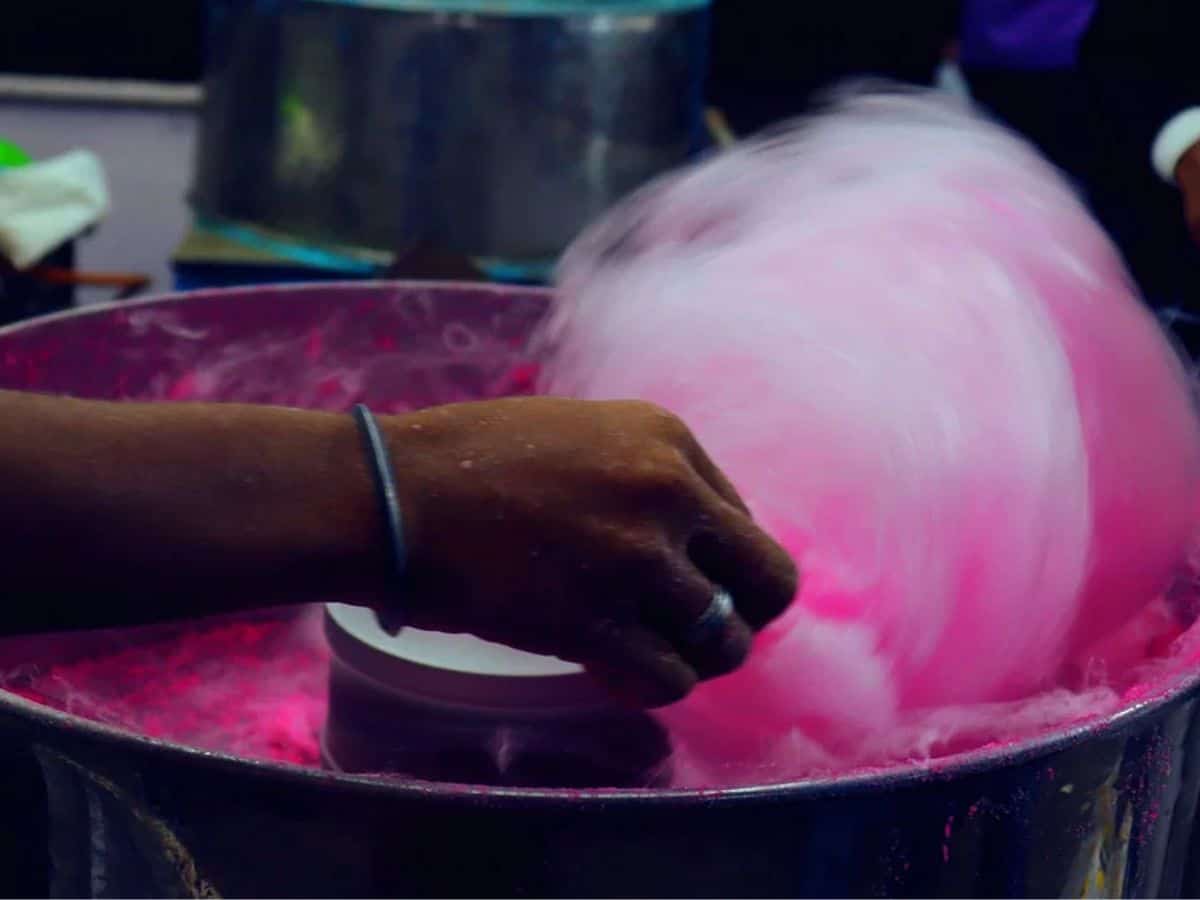
The Tamil Nadu government on Saturday, February 17, banned the sale of cotton candy in the state.
This decision was made two days after the confirmation of Rhodomine-B in pink and blue cotton candy samples, which were tested at the Government Food Analysis Laboratory in Guindy.
Rhodamine-B, cancerous for human consumption, is mainly used in textile industries, inks, and various cosmetics.
Food safety officers have been instructed to take the required measures and strict action by state health minister M Subramanian.
He stated that the ban aimed to raise awareness about the health hazards associated with colored cotton candy and to ensure that only color-free cotton candy is sold in the state.
The ban was enforced under the Food Safety and Standards Act, 2006, which considers the use of Rhodomine-B in manufacturing, packaging, import, and sale of food articles as a punishable offense.
Rhodomine-B is a textile dye that is not approved for use in food coloring.
Consuming cotton candy containing Rhodomine-B can lead to immediate health effects such as fullness of the stomach, itching, and breathing problems.
Long-term consumption can result in kidney function impairment, irreversible damage to the liver, non-healing ulcers in the intestine that can turn cancerous, and neurotoxicity.
The ban on cotton candy in Tamil Nadu followed a similar action taken by the neighboring state of Puducherry, which also banned cotton candy after finding Rhodomine-B in the confectionery.
Tamil Nadu’s food safety department has directed its officers to take strict action against the sale of cotton candy containing Rhodamine-B and to ensure compliance with the Food Safety and Standards Act, 2006



